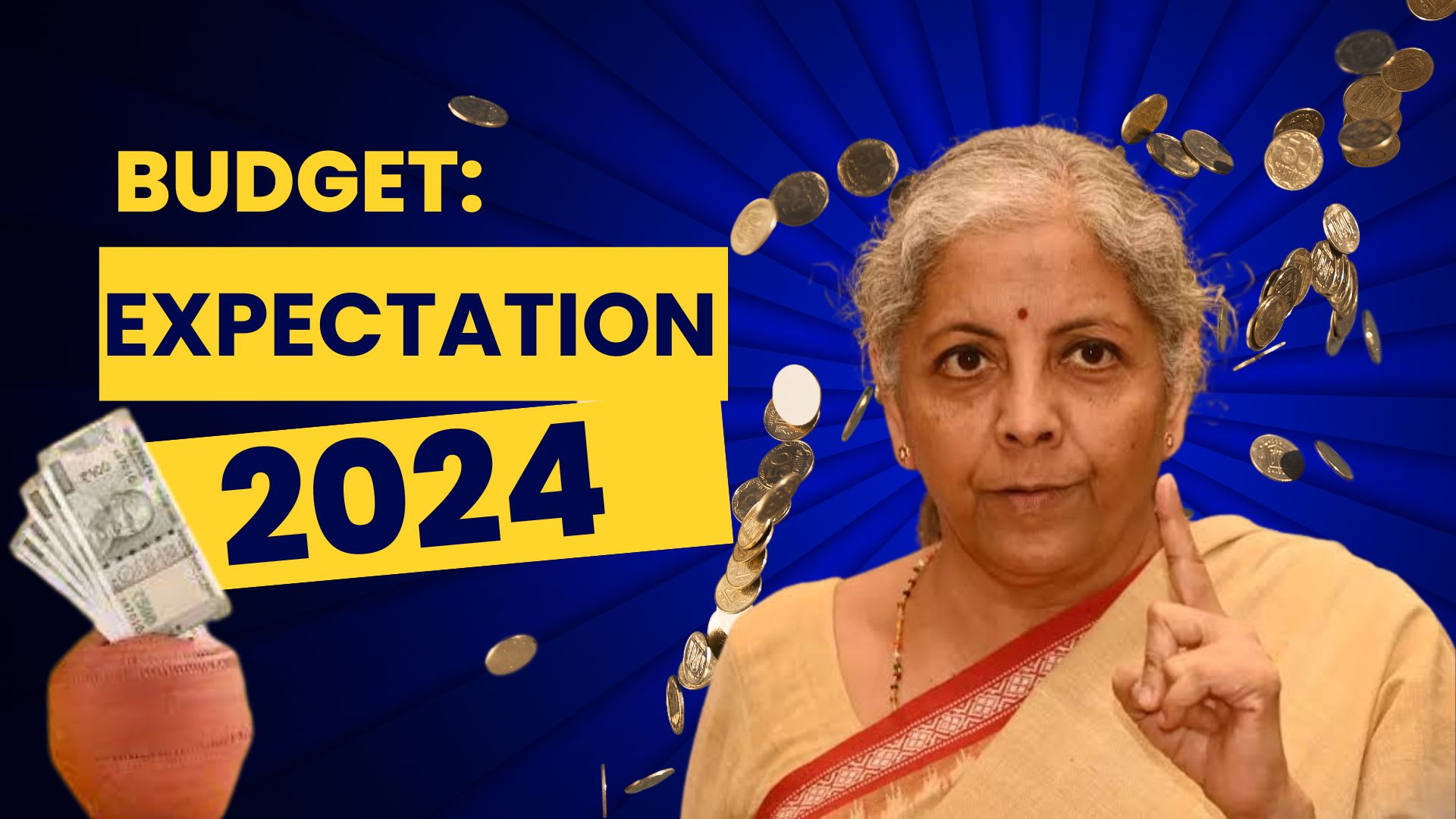

The forthcoming Budget 2024 holds immense significance, especially as it coincides with the election year, and the government’s decisions are pivotal. All eyes are on Finance Minister Nirmala Sitharaman, awaiting how the NDA government plans to strike a balance between fiscal objectives and electoral allure.
The Interim Budget 2024-25 looms just two days away, and India’s middle class eagerly anticipates potential tax reliefs and incentives. This demographic, often hailed as the engine behind economic expansion, seeks tax relief to alleviate mounting expenses and stagnant incomes. Their yearning for financial reprieve is palpable as they confront the evolving economic landscape.
The Budget is critical this year, given the electoral backdrop and the government’s critical role in shaping policies. It remains imperative for Finance Minister Nirmala Sitharaman to navigate the delicate balance between fiscal prudence and meeting public expectations.
Experts highlight key areas of concern:
Since its inception in the Finance Act 2018, the Standard Deduction from salary has remained stagnant, currently standing at Rs 50,000. With almost five years elapsed, demands resonate for an upward revision to INR 1,00,000, especially after its integration into the new tax regime last year.
Section 80C serves as a cornerstone for tax savings, witnessing increased participation owing to heightened awareness. With rising living costs and inflation, the current limit of Rs 1.5 lakh seems insufficient. Stakeholders eagerly anticipate a substantial hike, perhaps to Rs 3 lakh, aligning with evolving financial landscapes.
Under the old tax regime, deductions for health insurance premiums and medical expenses remain pertinent. Sections 80D, 80DD, and 80DDB offer avenues for tax deductions, particularly crucial amidst the pandemic’s healthcare exigencies. Increasing the limit for individuals and senior citizens under Section 80D would offer both security and tax benefits.
Various deductions under Sections 80E, 80EE, 80G, 80GG, and 80TTA/80TTB warrant revisiting, reflecting changing economic dynamics. Inflation, interest rates, and property values necessitate periodic adjustments to these limits to ensure their relevance and efficacy.
Tax slabs, a pivotal aspect of fiscal policy, witness occasional revisions to align with economic realities. While reforms introduced in previous budgets aimed at providing relief, recent years have seen minimal changes, dampening taxpayer sentiment. Rationalizing tax rates and surcharges to ease the burden on middle-income earners remains a pertinent expectation.
The forthcoming Budget 2024 presents a unique opportunity for the government to address the aspirations of the middle class while adhering to fiscal prudence. As Finance Minister Nirmala Sitharaman unveils the budgetary provisions, the hopes and expectations of millions rest on the government’s ability to deliver a balanced and inclusive fiscal policy. It’s imperative to strike a harmonious chord between economic imperatives and public welfare to foster sustainable growth and prosperity.